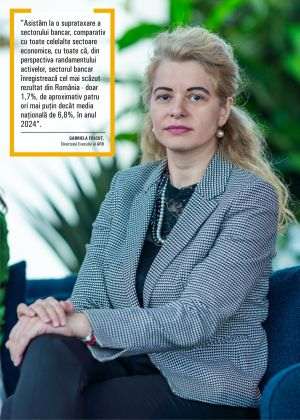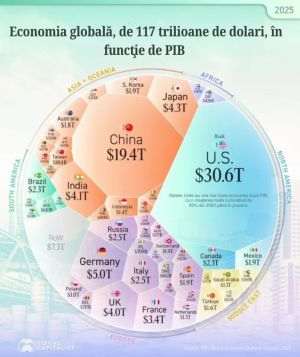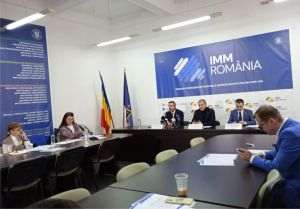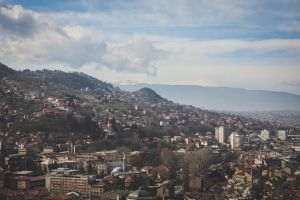The flawed procedure by which the Central Electoral Bureau (BEC) decided the winners of the elections for Parliament was applied, without exception, in all constituencies. BURSA has been publishing for three days cases in which the election results were manipulated in Ilfov County, Hunedoara County and Bucharest, where the legal winners were replaced by other candidates. The procedure for declaring the winners applied by BEC ignored the legal provision stipulating two phases: a first phase for declaring the clean-cut winners at constituency level and a second phase for reallocating at countrywide level the seats that could not be allocated in the first phase.
Instead of applying the law, BEC skipped the first phase in terms of allocation, but kept the requirements of the first phase in terms of number of seats allocated per party. The difference was that the winners of a constituency were not declared winners at constituency level but in bulk, at countrywide level, based on the countrywide allocation algorithm. This is how numerous legal winners were replaced by BEC with candidates who had in fact lost.
The flaw was confirmed in yesterday"s edition of BURSA by the legal expert Gheorghe Piperea. It appears that BEC"s deviation was not a mistake, but the result of a decision made upon closing the ballot stations, when PNL discovered that their president, Prime Minister Tariceanu, had not managed to win in his constituency, Ilfov County (a case already disclosed by BURSA).
It is said that, following a computer simulation, the conclusion was that the removal of the first phase of the allocation process would make Tariceanu an MP. This is the alleged explanation of the decision which flawed the entire process of allocating MP seats.
The explanation is plausible. The consequences fall into two groups.
At first glance, the situation is not so grave: the proportion of votes cast for the different political parties were maintained correctly. In the meantime, the protests of the wronged candidates are being smothered by their own parties (generally, the procedural flaw replaced obscure candidates with the leaders of their own party). It should be said that in the one isolated case of the PSD-PC alliance, a seat that should have belonged to one of the allied parties went (correctly) to the other. One Conservative lost his or her seat to a member of PSD. However, the Conservatives should be happy that some of them made it to Parliament at all, instead of sharing the fate of PRM and PNG.
But if we look at the big picture, the consequences of this manipulation are extremely serious: a law was broken by the very authority that should have enforced it. The people who go to Parliament are not the people who were elected (and this is happening at the first election that was supposed to be nominal).
Naturally, the conclusion is that the Central Electoral Bureau nullified democracy. We are aware that nullifying democracy is just "miscellaneous news" in a society without principles. Maybe this explains why the television channels, the radio channels and the newspapers have paid no attention to this subject.
On the other hand, this is the only reason why BURSA did pay attention to this subject. Because we, BURSA, do not write for a society without principles. And even if the society does not have any principles, we write as if it did. Maybe this will help society acquire some.
The Software
Three weeks before the elections, TeamNet, a member of Asesoft Group, whose owner is familiar with the leaders of the Conservative Party, announced that they no longer wanted to participate in the development of the software that would centralize and allocate votes and seats in Parliament. The explanation was that they wanted to terminate any possible allegation related to the relationship between the owner and the leaders of a political party. Because there was not enough time to organize another tender to buy such software, the solution came from... Asesoft Group. They asked the authorities to choose between two of their foreign business partners and pay them the budgeted 5 million RON for the software. In the end, we were told that the software had been developed by a Swedish company, a partner of Asesoft Group.
D.P.






















































